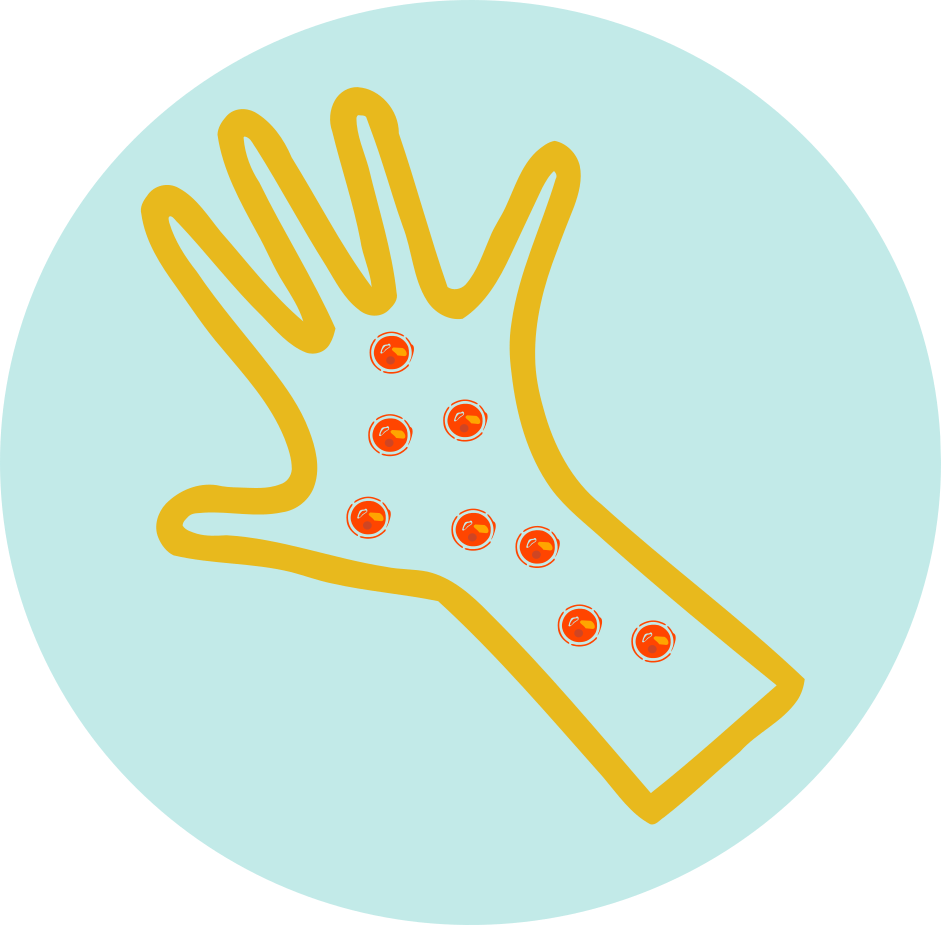| Name | Astaxanthin |
| Classes |
Central Nervous System Agent Anti-Parkinson Agent |
| Diseases |
Alzheimer's Disease Brain Attack Hyperlipidemia Mental Disorder Parkinson's Disease |
Astaxanthin
Astaxanthin is a naturally occurring carotenoid pigment that is classified as a dietary supplement. Its mechanism of action is not fully understood, but it is believed to act as a potent antioxidant, protecting cells from oxidative damage and reducing inflammation.
Astaxanthin is used as a dietary supplement to support overall health and wellness. It is commonly marketed for its potential benefits in the following areas:
- Reducing inflammation
- Supporting joint health
- Supporting cardiovascular health
- Supporting eye health
- Supporting skin health
- Supporting immune function
The appropriate dosage of astaxanthin may vary depending on the individual and their specific health needs. It is recommended to follow the dosing instructions on the product label or as recommended by a healthcare provider.
- Astaxanthin supplements have not been extensively studied in pregnant or breastfeeding women. It is recommended to consult a healthcare provider before taking astaxanthin if pregnant or breastfeeding.
- Astaxanthin may interact with certain medications, including blood thinners and cholesterol-lowering medications. It is recommended to speak with a healthcare provider before taking astaxanthin if taking any medications.
- Astaxanthin may cause a decrease in blood pressure. Individuals taking blood pressure medications should monitor their blood pressure closely while taking astaxanthin.
Contraindication
There are no known contraindications to the use of astaxanthin. However, individuals with a known allergy to astaxanthin or other carotenoids should avoid its use.
None known.
None known.
 Bangla
Bangla English
English
